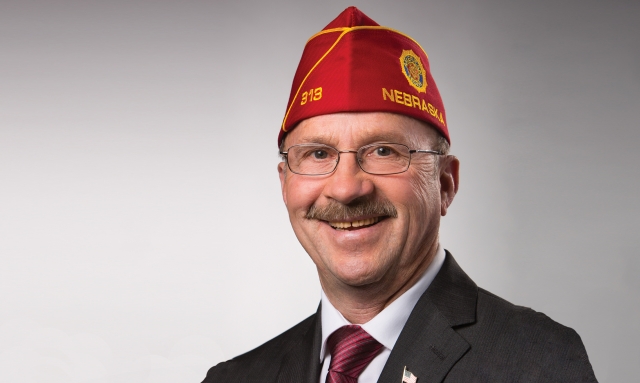
The federal government does not give jobs to veterans who lack the training and skills to perform them.
Let’s dispel a myth about veterans preference hiring: it is not a handout. The federal government does not give jobs to veterans who lack the training and skills to perform them. If a veteran has the same qualifications as a civilian counterpart for a job opening, current law mandates the veteran get that position.
Why is this fair? Because by volunteering for U.S. military service, young men and women remove themselves from the mainstream workforce and often delay their academic or vocational educations. While they defend America at home and overseas, their high school friends are earning degrees or gaining valuable work experience.
In the course of a single four-year enlistment, a veteran’s friends complete their bachelor’s degrees; after two such enlistments, some of those friends have completed doctoral studies or residencies, or have been promoted by their bosses.
If an employer with a single job opening can choose between hiring someone with a degree and four years of work experience or a veteran with no degree and no civilian work experience, which would he or she be more likely to hire? Add a service-connected disability, and the veteran’s chances become even more bleak.
This is why The American Legion has been loud and clear in sending a message to the Office of Personnel Management and Congress that veterans preference is a policy that must remain in place.
In August, the Merit Systems Protection Board (MSPB) released a report claiming that the laws relating to veterans preference “invite misunderstandings, confusion, perceptions of wrongdoing, and possibly actual wrongdoing – whether intentional or inadvertent.”
While some abuses may exist, that does not justify scrapping any part of the veterans preference policy. Instead, those who show favoritism in federal hiring practices need to be disciplined or fired. Their poor judgment should not become an excuse to deny fair opportunity to veterans.
The MSPB also reported that veterans preference leads to resentment among some civilian federal employees, and that it somehow interferes with the hiring of women.
Frankly, those who object to the policy of veterans preference should consider joining the military and becoming veterans themselves. As for the claim that the policy interferes with the hiring of women, the MSPB has demonstrated no cause-effect relationship; it merely notes that “as use of veterans hiring authorities increased, the percentage of female new hires decreased.”
Since 2000, the percentage of women in the federal workforce has dropped by only 1 percent. It’s likely that decrease is related to the government hiring fewer employees in general since 2011.
Ask any post-9/11 veteran looking for a job if he or she believes that veterans preference is unfair to federal workers who never served in uniform. See what kind of answer you get.
- Magazine

